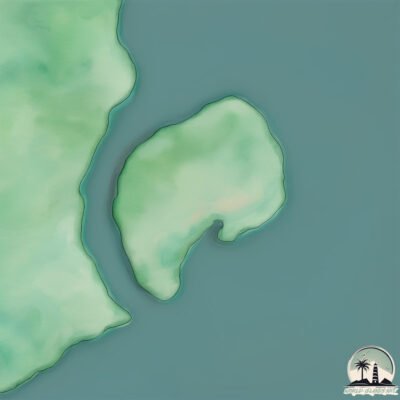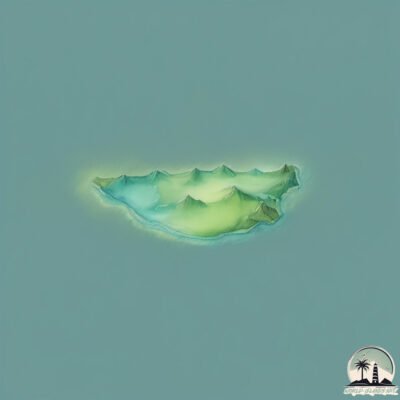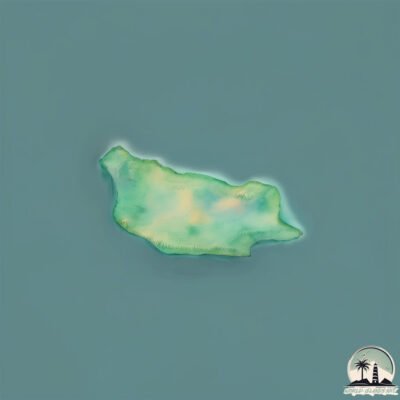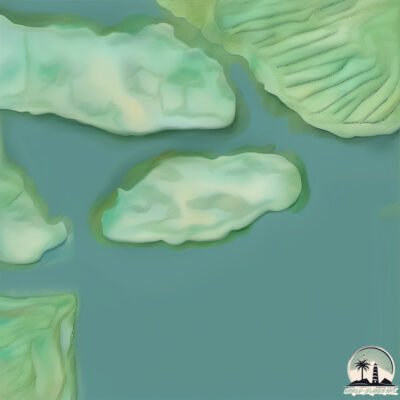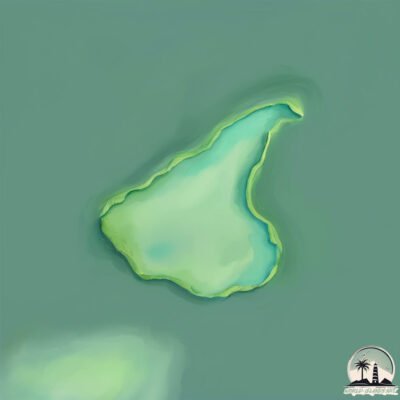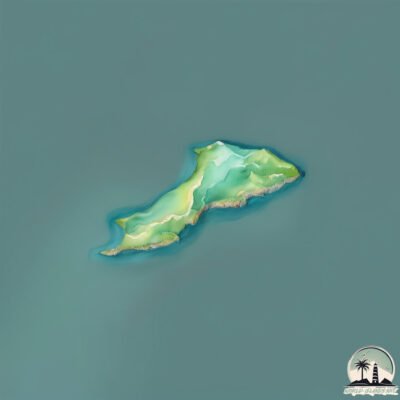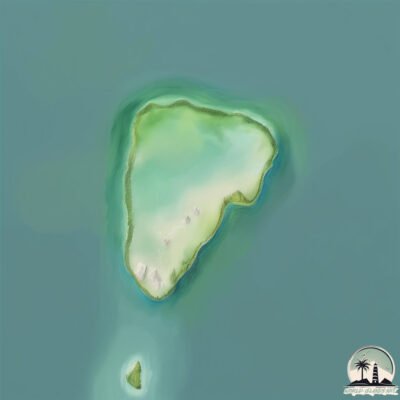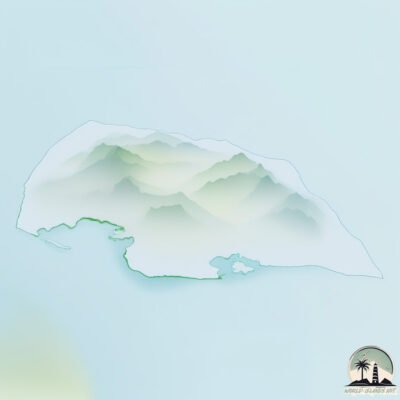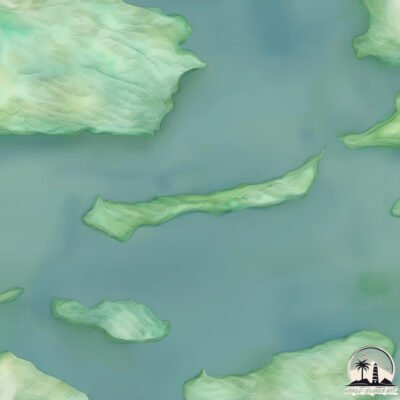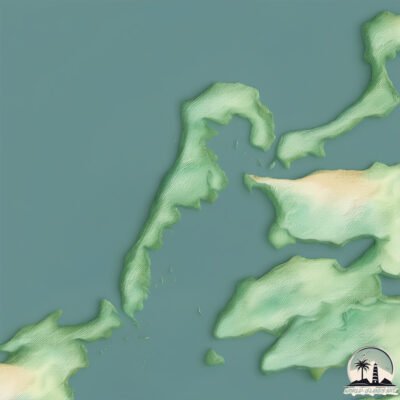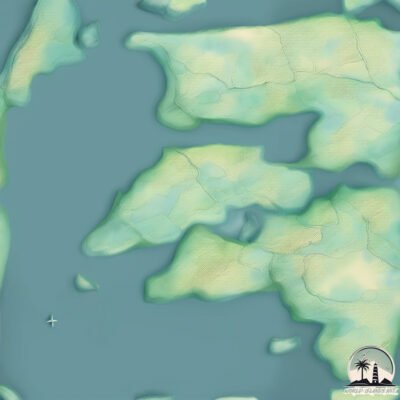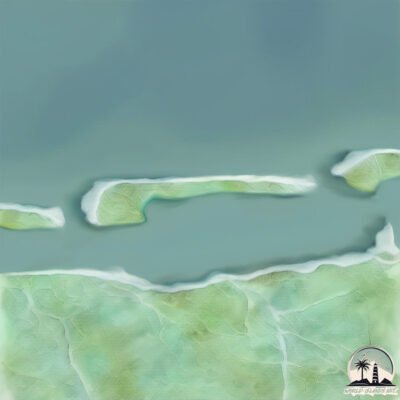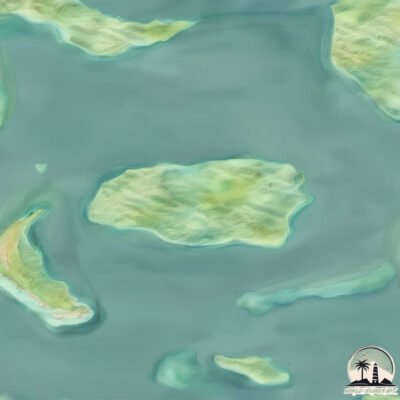Islands of Germany
Islands of Germany: A Blend of Natural Beauty and Cultural Heritage
Germany, though predominantly known for its rich continental history, also boasts a fascinating collection of islands. Nestled primarily in the North Sea and Baltic Sea, these islands offer a distinct blend of Germany’s natural beauty and cultural heritage.
I. The Baltic Sea Jewels
In the Baltic Sea, islands like Rügen and Usedom are famous for their picturesque landscapes and historical resorts. Rügen, the largest, is renowned for its white chalk cliffs, immortalized by the painter Caspar David Friedrich, and its pristine beaches. Usedom, shared with Poland, is dotted with elegant seaside resorts and boasts the longest pier in Germany.
II. The North Sea Archipelago
The North Sea hosts the Frisian Islands, a chain divided into the East, North, and West Frisians. These islands, including Sylt, Norderney, and Borkum, are known for their unique Wadden Sea mudflats, a UNESCO World Heritage Site. The Frisian Islands offer a blend of luxury tourism with nature conservation, characterized by their dune landscapes, rich birdlife, and traditional Frisian culture.
III. Cultural and Historical Aspects
Besides their natural allure, these islands are steeped in history and culture. They have served as hubs for artists and writers, who have drawn inspiration from their serene beauty. Furthermore, these islands have a distinct architectural style, with thatched roofs and colorful houses, and are known for their regional cuisine, which includes fresh seafood and local delicacies.

